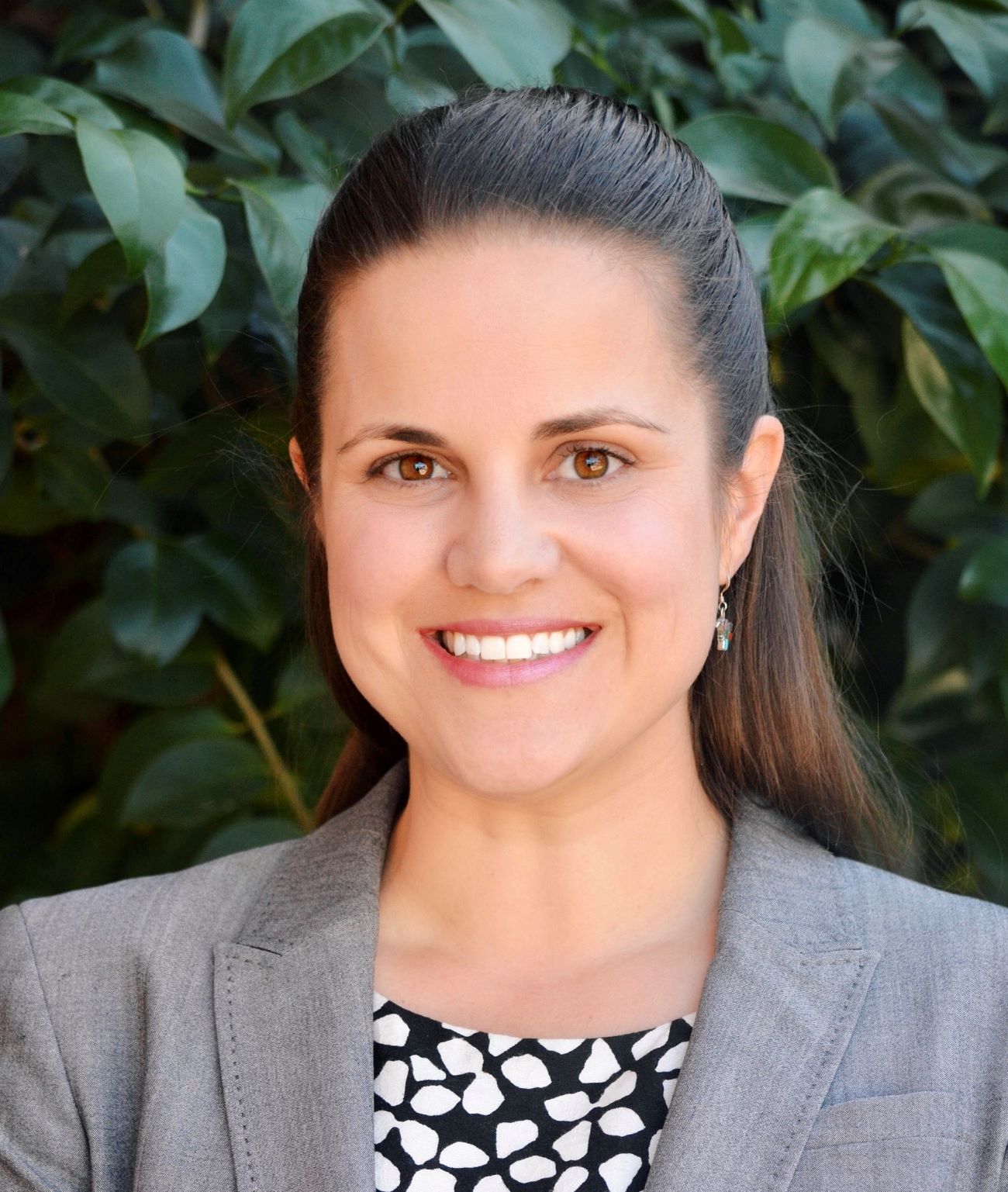I have experienced the power that nurturing my spirit can have on my health. When I was pregnant with my first child, my brother died unexpectedly. The grief I experienced was horrendous. Having already lost my mother and eldest brother at an early age, and with my father out of the picture, this was a great loss for me and our entire family. My brother was the head (and heart) of our family and he was also my best friend.
As a researcher in maternal and child health, and understanding the impact this stress could have not only on me, but most importantly on my unborn child, I began to meditate daily. What happened was remarkable: at a time when I would be expected to be at my lowest point, the opposite became true and I experienced first-hand the value of contemplative practice for myself, as well as those around me. While I was always spiritually inclined, meditation heightened these gifts for me – it also kept me mentally sane and promoted self-care during the most important time for my son and me. Thankfully, my greatest fear was never realized – my son was born full-term and the deep grief I’d experienced has not appeared to have impacted him. He smiled for the first time the day after he was born and is a remarkably happy, loving, and healthy child.
In my work evaluating an integrative wellness program called Hospital Heroes, administered by the nonprofit organization Integrative Touch for Kids in a pediatric hospital setting, I also witnessed firsthand the healing transformation that is possible when the well-being of patients and their families (many experiencing their own worst fears) is addressed in mind, body, heart, and spirit. Immediately after receiving Hospital Heroes sessions that involved integrative healing therapies and wellness education, patients and family members experienced significant decreases in self-reported pain and fear/anxiety, as well as significant increases in global (spiritual, social, mental, emotional, and physical) well-being. And so did their healthcare providers who received sessions. Qualitatively, session recipients’ experiences, environments, and perspectives were completely transformed in health-promoting ways both immediately and over time.
Why is addressing the spirit so important to well-being? It is a key, nonphysical element which defines us as humans, and there is a combined effect – or synergy – between body, mind, and spirit to produce health and quality of life, which is greater than the sum of these dimensions when separated into parts.
Allow me to illustrate: envision yourself lying comfortably below the canopy of an exquisite, majestic tree next to a riverbed. Imagine the sounds of flowing water, a light breeze blowing through the leaves, and the beauty of the warm sun glistening upon them. You inhale a large breath of fresh air produced in part by this tree and exhale feeling completely relaxed. Now imagine you are still lying next to the same riverbed, below that same tree, but the canopy that was above you has now been chopped into an enormous pile of branches and brush. Same parts as before – except now you are being crushed under the weight of it all. Which sounds better?
In essence, this is the concept behind holistic medicine and how overall health is impacted when people lead balanced or imbalanced lives. The holistic (whole person) worldview disrupts the mainstream scientific philosophy—which focuses on reducing complex systems and dismisses that which cannot be easily measured. Health-related quality of life, defined as an individual or group’s perceived physical and mental health over time, is considered by the World Health Organization to be a key aspect of health. It is widely accepted that improved physical and mental well-being improves health-related quality of life. Yet, addressing the spirit in a patient-centered way as the third aspect of healing is a vital, often neglected, clinical target.
In fact, in their 1999 study which included over 1,500 cancer patients from diverse backgrounds, researchers at Northwestern University demonstrated that spirituality was associated with quality of life to the same degree as physical well-being. Their results also found that spiritual well-being was related to a patients’ ability to enjoy life in spite of symptoms. Spirituality has also been shown to improve resiliency – the capacity to recover quickly from adversity – in people who have experienced trauma. For example, a 2008 Department of Defense study found high levels of spirituality to be protective against depression in veterans with combat exposure. These results and many others like it support a move to the “biopsychosocial-spiritual” model.
Integrative health care focuses on health and well-being using a patient-centered, holistic approach that includes the biological, mental, emotional, social, and spiritual aspects of a person and has the potential to promote healing and restore wellness through a practice of deep listening, the use of appropriate healing modalities, and lifestyle changes in conjunction with more standard medical care. This holistic approach helps to prevent or treat illness along with emotional and spiritual distress.
All healthcare systems would be wise to support not only the biological, psychological, and social needs of their patients – but also their spiritual needs in ways that nurture faster, enduring health promotion.


